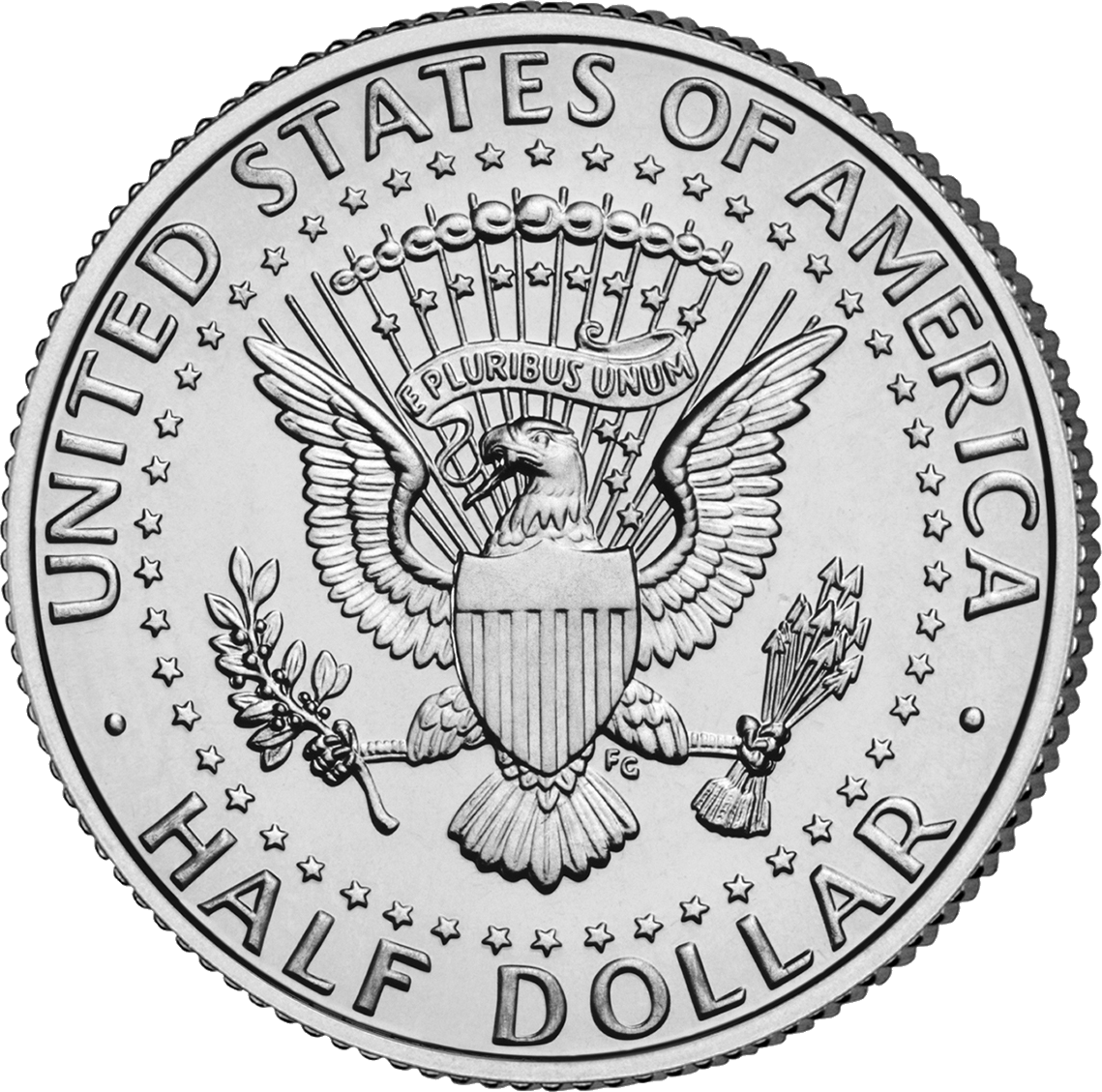
WHOSE WAS IT?
A CROWD of schoolboys chatted very fast as they half ran, half walked the planked side-walks of a Pennsylvania city street. Just as they turned a corner, several started; for in the path near by glistened a silver half-dollar. Three boys saw it at once, and each claimed it as his own. Loud words followed, a few fists were clenched, but Peter Mc Carthey held the money in his strong palm, and would not even show it to the rest.
Peter was very fleet of foot, so he made good use of his limbs in trying to get beyond the reach of his pursuers. But run as he would, some one seemed to keep pace with him at every Step, and so in _despair he bounded into the open school-room door, threw his cap toward its nail, and took his seat before school-time. Once in, he could not retreat, for the principal sat at her desk, and her rules were never to be broken. The boys all entered—half the school; perhaps—all who were near, at least, to watch the lad who meant to keep the whole. Several hands were immediately raised. "Please, Peter Mc Carthey has found a big piece of money," said one. "Please, three of us found it at once, but he got it first." "Please, and he won't share it with us at all." "Yes, ma'am, and he wont treat, nor nothing."
The teacher closed the register, placed it in her drawer, and called the lads to the recitation seats.
Peter came with a flushed, excited face, while some of the rest looked daggers at him slyly.
"Do you think some one threw the money away?"
she asked. Every one smiled. "I suppose it really belongs to some one person, and that that person, whoever it may prove to be, has lost it, and feels sad about it. Should be sorry if it proved to belong to some poor child who had been sent of an errand for his mother." Peter and several others wiped their eyes. "We might get a lot of cherries, and treat," said one. "Yes, or peanuts, or candies," said another. "We might try to find the owner," said a third. Just then the school-bell rang.
"Which would, be the nearest right?" asked the teacher.
"The last," said Peter, as he placed the money on the teacher's desk.' " Perhaps I shall not find an owner in school," she said; "in that case it will have to be decided hereafter."
Just as the moment for opening the school came, the bell at the desk waited, the pupils folded their hands, one hundred and twenty or thirty pairs of them, while the teacher held up the shining silver.
No one in her room claimed it. She opened the primary department door. The teacher sat on the platform trying to comfort a little girl of seven years who Was sobbing violently. All she could make out of her broken words were these: "All—she'd—got—Benny — sick—medicine."
"Well," said Miss Whitman, "did you wish to go for medicine now?" But the child only screamed the louder; "Can't! O dear! O dear!"
"I've something to tell you," said the lady who entered. "All look at me. I wish that little girl who is crying to look at what I hold up, and tell me if she knows whose half-dollar this is?"
The child gave a loud exclamation of delight, and rushed up to the lady to snatch it from her hand.
"Not yet," she said gently; "come with me."
She led the sobbing, broken-hearted little child to the desk in her room, wiped the fevered brow, and asked if the boys who found a half-dollar lying in the street would keep this child's little brother from the medicine she was to take to him after school.
"No, indeed!" they responded.
"Boys," said she, "do you know this child? She is a stranger to me."
Many hands were raised
"She is Mrs. Maloney's girl, Bridget," said one.
"Her mother washes for a living," said another.
"Her father's dead, and there's four children besides her, younger," said a third.
"Will you treat with cherries and peanuts, boys?" she asked. But only one response came; it was Peter Mc Carthey who spoke.
"Will you please forgive us," he said, "for just thinking so selfish as it was, and give Bridget the money?"
And so the little red face was lifted and kissed, and the money placed in the child's hand; and she faltered out, "Thank you, lady; I'm sure it's bound to make Benny well again," and passed into her room.
From every action of our lives there is a result.
Nothing comes by chance. The loss to little Bridget resulted in a lesson that can never be forgotten by those school-boys. It will be remembered also by many more in the impression it has left upon the understanding. If we heed the lessons that are daily before us, then shall we grow in moral worth, and be better prepared to meet the temptations that surround us, by contact with the world, Every lesson in honesty is pointing us toward God and heaven.
Auntie Dee.